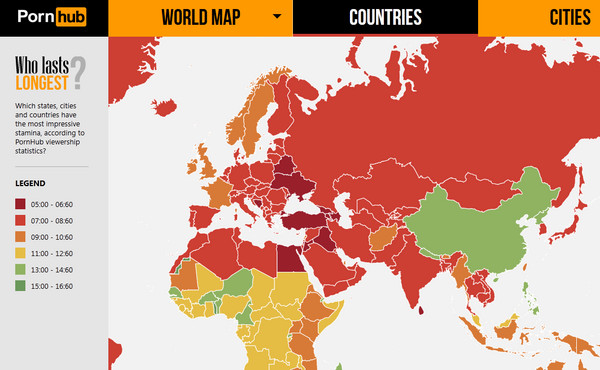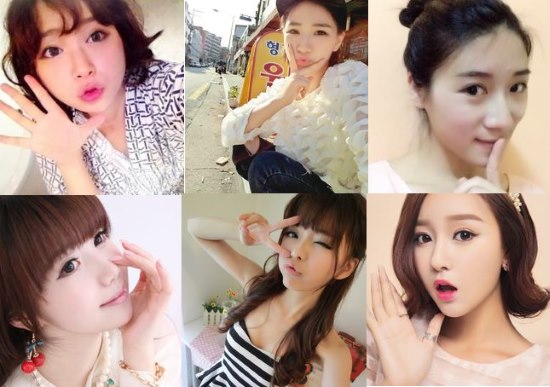 Do you know the difference between “Ha”, “Haha”, and “Hahaha+”?
Do you know the difference between “Ha”, “Haha”, and “Hahaha+”?
As a native English speaker you probably haven’t noticed it, but there are seven distinct ways to properly convey laughter on the internet. For those of you not in on the downlow, here is a lesson on how to laugh—the Western way.
This lesson by i21st teaches everyone interested in improving their ability to speak on the internet with a “laowai“, as China Daily puts it. It differentiates between the different uses of “Ha” and their respective intensities of laughter. The lesson is as follows, coupled with examples provided by The Nanfang:
Ha: Use when you don’t really find something funny, and you want to make that fact obvious. The lesson points out under normal circumstances you’d use “This is no laughing matter!” and “Was that a joke?”, but that this is another way to convey this sentiment.
No example is provided, but according to the previous rule, it may go something like this:
- Your joke about a crime against humanity is atrocious, ha.
- Ha, the humanity.
Haha: Use when you don’t really find something funny, but you would like to be polite. This is also used to fake a laugh.
Our examples based upon this rule:
- Haha, I laughed, so what about this favor I’d like you to do for me?
- Your children are adorable and look exactly like their father, haha.
Hahaha: use when their text made you smile. This is the equivalent of “It’s so funny.”
Our example based upon this rule:
- Hahaha, my mouth is full of milk.
Hahahaha+: use when you sincerely laughed.
Our examples based upon this rule:
- Hahahaha+, I laughed out loud!
- That drew a sincere and hearty laugh from the bowels of my body, hahahaha+!
HAHA+: one of the few exceptions to the no-caps rule. Use when you find something hysterical. Other expressions used to convey this sentiment is “Laugh our heads off,” and “Laugh like a drain”.
Our example based upon this rule:
- HAHA+, capslock is unable to properly convey the laughter which is seizing control of my body!
LOL: Stands for “laugh out loud”. Use when you want the sincerity of your laughter to be a mystery. Did you really laugh out loud? Nobody knows! You’re so mysterious!
Our examples based upon this rule:
- I’m not telling if I thought that was funny, LOL!
- LOL, I may or may not have found that to be humorous!
So, to recap, here are the lesson’s seven stages of laughter as used by Westerners on the internet:
- Ha: used to dispute
- Haha: fake, used to be polite
- Hahaha: sincere, but not actual laughter; a smile
- Hahahaha+: actual laughter that can be heard
- HAHA+: extreme laughter
- LOL: used to obfuscate your true laughter
We’re all for the accumulation of knowledge by curious Chinese English language learners, but we would think that speaking a language is less about memorizing vocabulary for specific contexts than it is raising one’s comprehension and grammar to allow for conversation in any context. Also, even though acronyms are A-OK, there’s nothing wrong with using English to write out your thoughts, as in “I laughed out loud.”
Still, i21st is very clear in its lesson on these different usages of the word “Ha”, so much so that it provides a clear pictorial example of how to use “Haha”, the term you use when you don’t find something funny, but are still trying to be polite:

The finger pointing is for advanced users.
Photos: i21st, ourcityourart



























